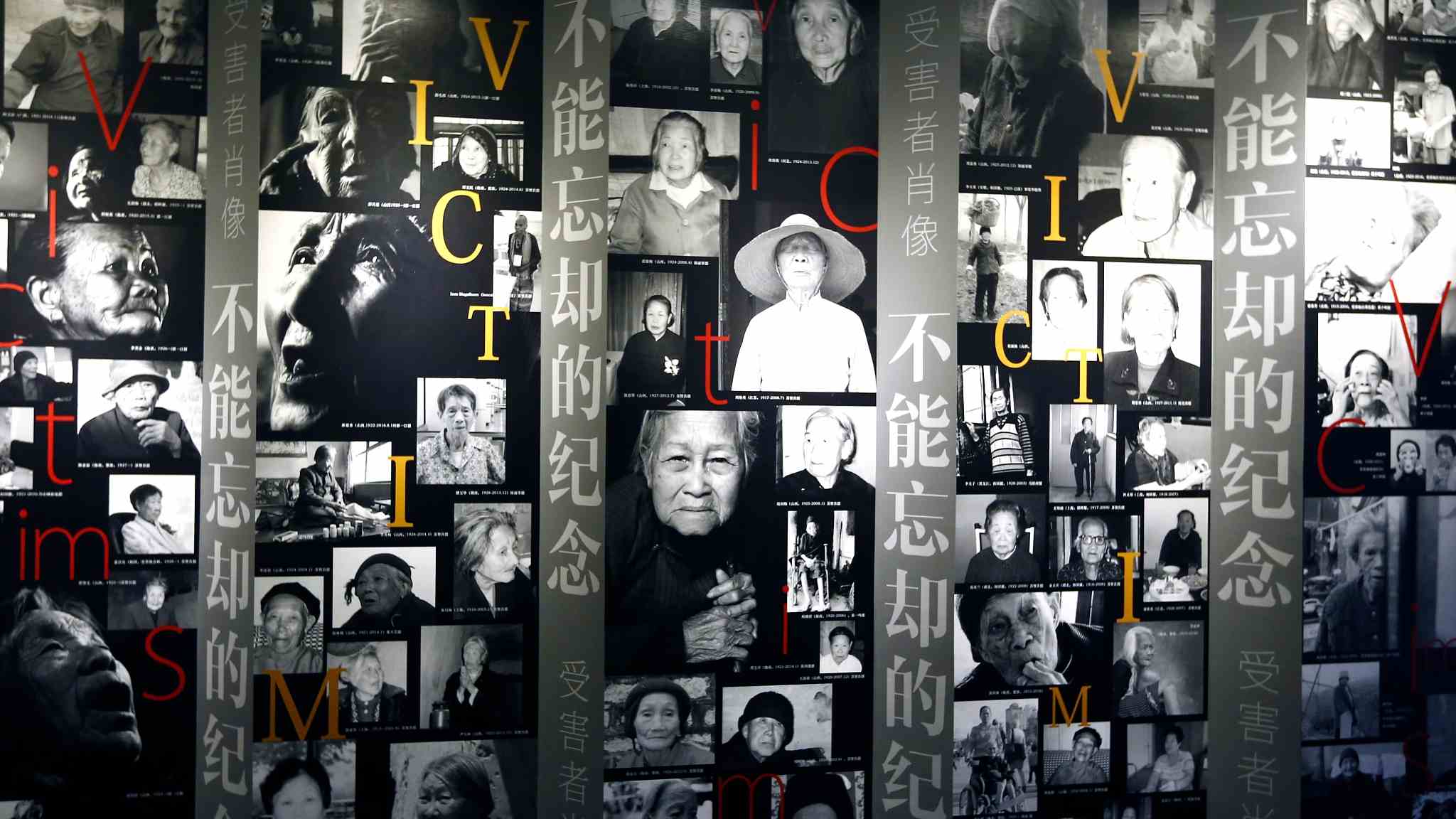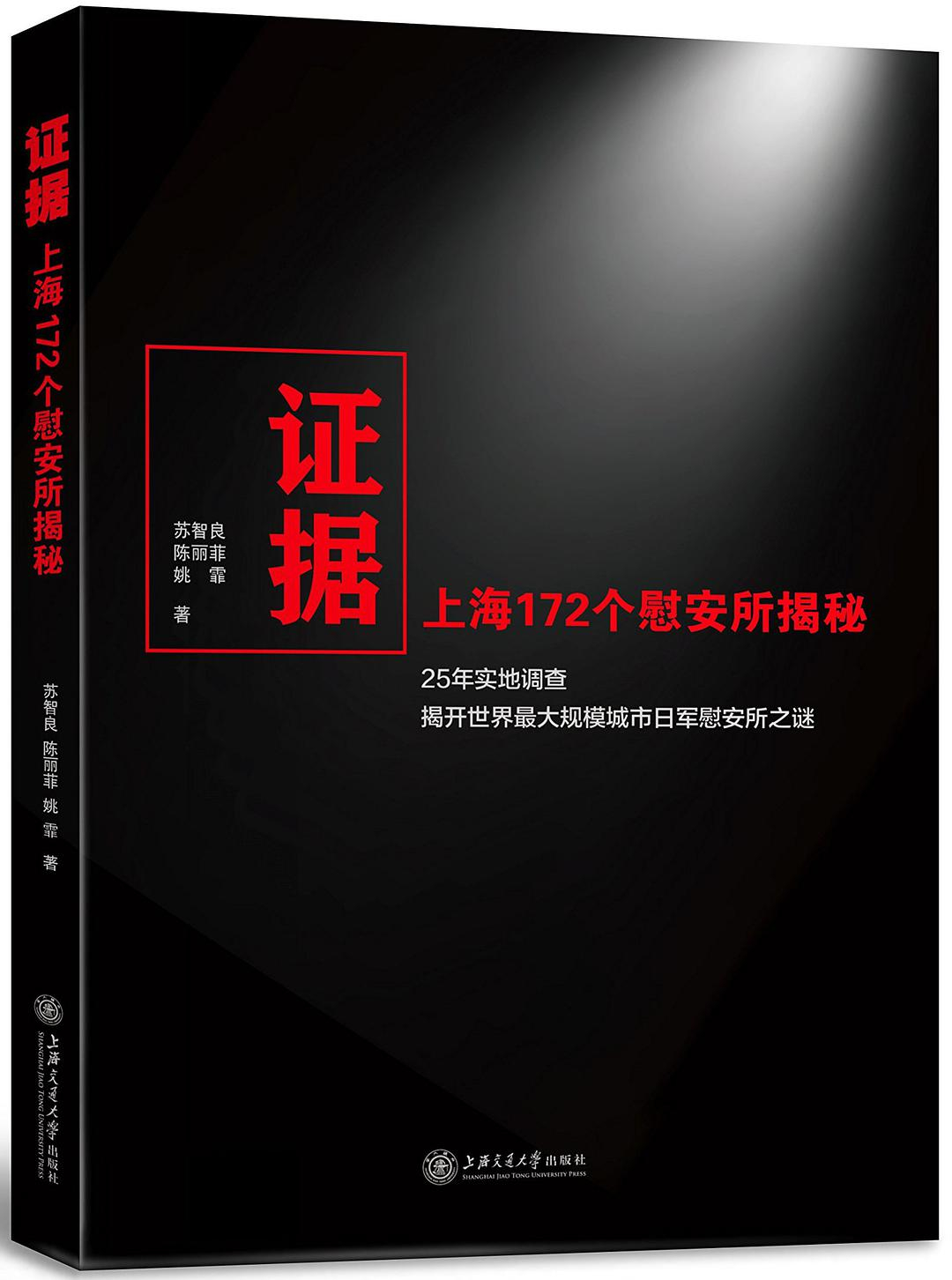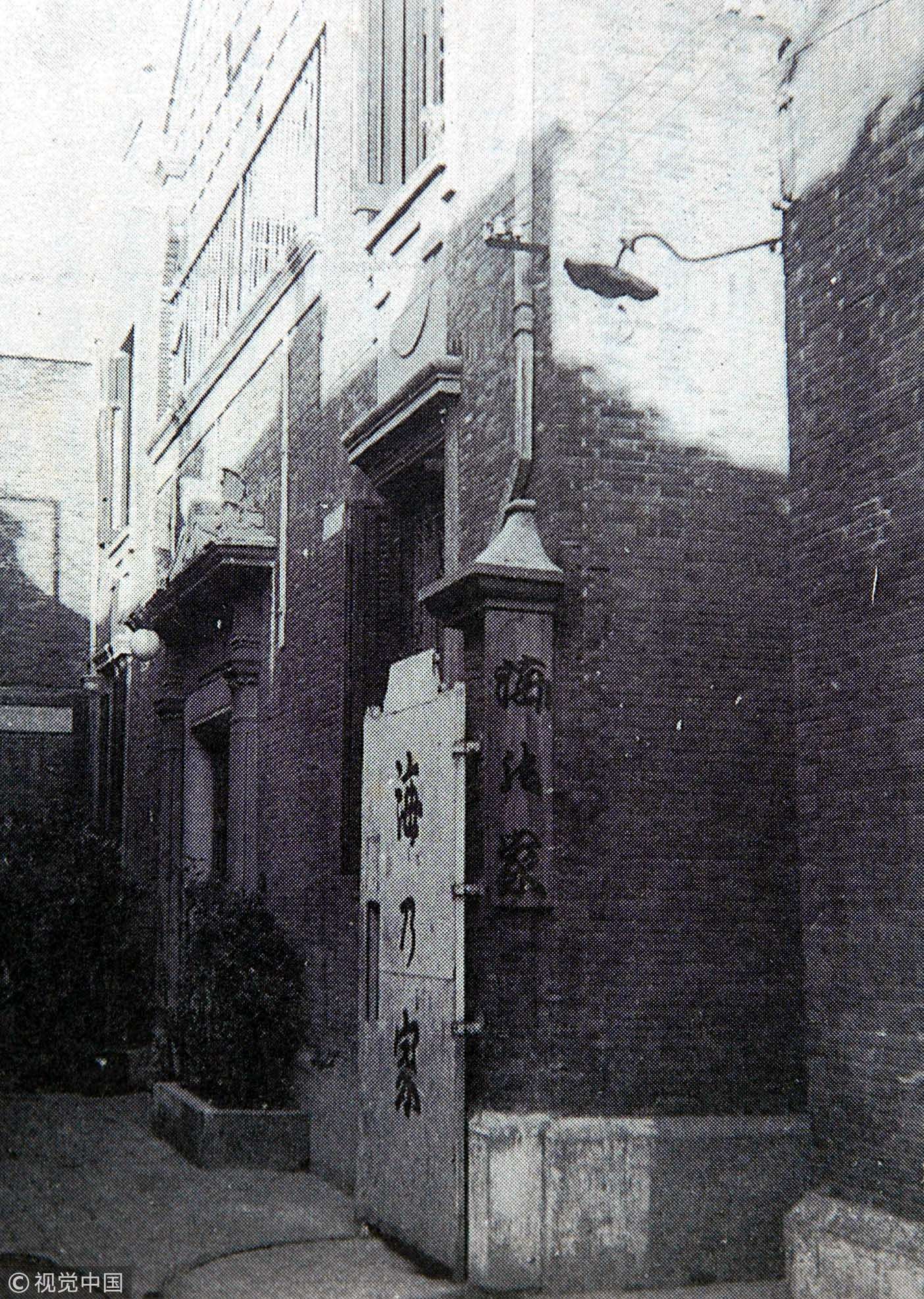
Books
22:30, 19-Aug-2018
Book on Shanghai's WWII 'comfort stations' released at 2018 Shanghai Book Fair
Updated
21:53, 22-Aug-2018
CGTN

A new book offering detailed historical facts about "comfort stations" during World War II has been released at the ongoing Shanghai Book Fair, which marks the fifteenth anniversary of the exhibition.
"Comfort station" is a euphemism that Japanese occupation forces used to describe military brothels.
Based on historical documents and accounts of witnesses and victims, the book provides readers with a detailed look at the 172 comfort stations in Shanghai during WWII.

The book released at the 2018 Shanghai Book Fair provides readers with a detailed look at the 172 comfort stations in Shanghai during WWII. /Photo via Douban.com
The book released at the 2018 Shanghai Book Fair provides readers with a detailed look at the 172 comfort stations in Shanghai during WWII. /Photo via Douban.com
"Over the past 25 years, we discovered evidence that there were at least 172 comfort stations in Shanghai, the most of any city worldwide," said Su Zhiliang, the book's author and a leading expert on "comfort women" – girls and women forced into sex slavery by Japanese invaders during WWII.
Some 400,000 women across Asia were forced to become comfort women for the Japanese army, and nearly half of them were Chinese, according to the Research Center for Comfort Women at Shanghai Normal University.
"I have been researching the issue for 25 years and will continue to seek justice for the 400,000 Asian victims," said Su, who is the director of the center.

A photo shows a comfort station "Hai Nai Jia", one of the 172 comfort stations discovered in Shanghai. /VCG Photo
A photo shows a comfort station "Hai Nai Jia", one of the 172 comfort stations discovered in Shanghai. /VCG Photo
There are only 15 known surviving comfort women on the Chinese mainland. They have an average age of over 90.
The ongoing Shanghai Book Fair will run through to next Tuesday on August 21.
This year's Shanghai Book Fair began with the new international section, which showcases nearly 4,000 foreign books to Chinese readers for the first time as renowned publishers from around the world come to introduce their works.
(With input from Xinhua)

SITEMAP
Copyright © 2018 CGTN. Beijing ICP prepared NO.16065310-3
Copyright © 2018 CGTN. Beijing ICP prepared NO.16065310-3